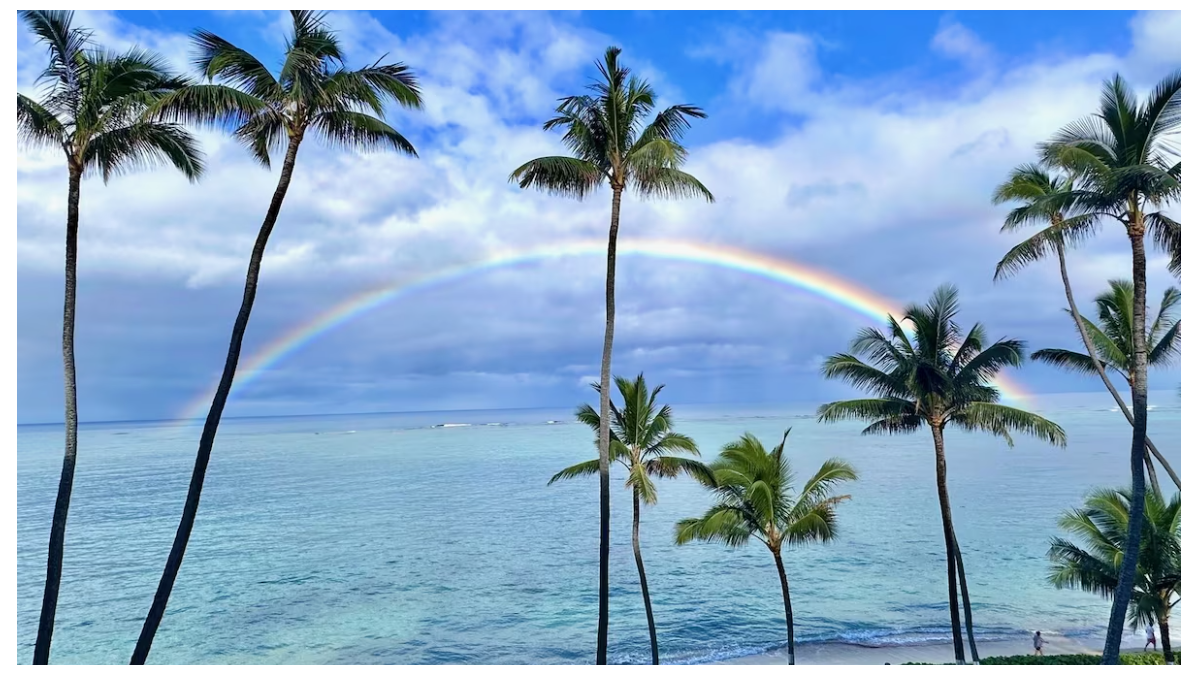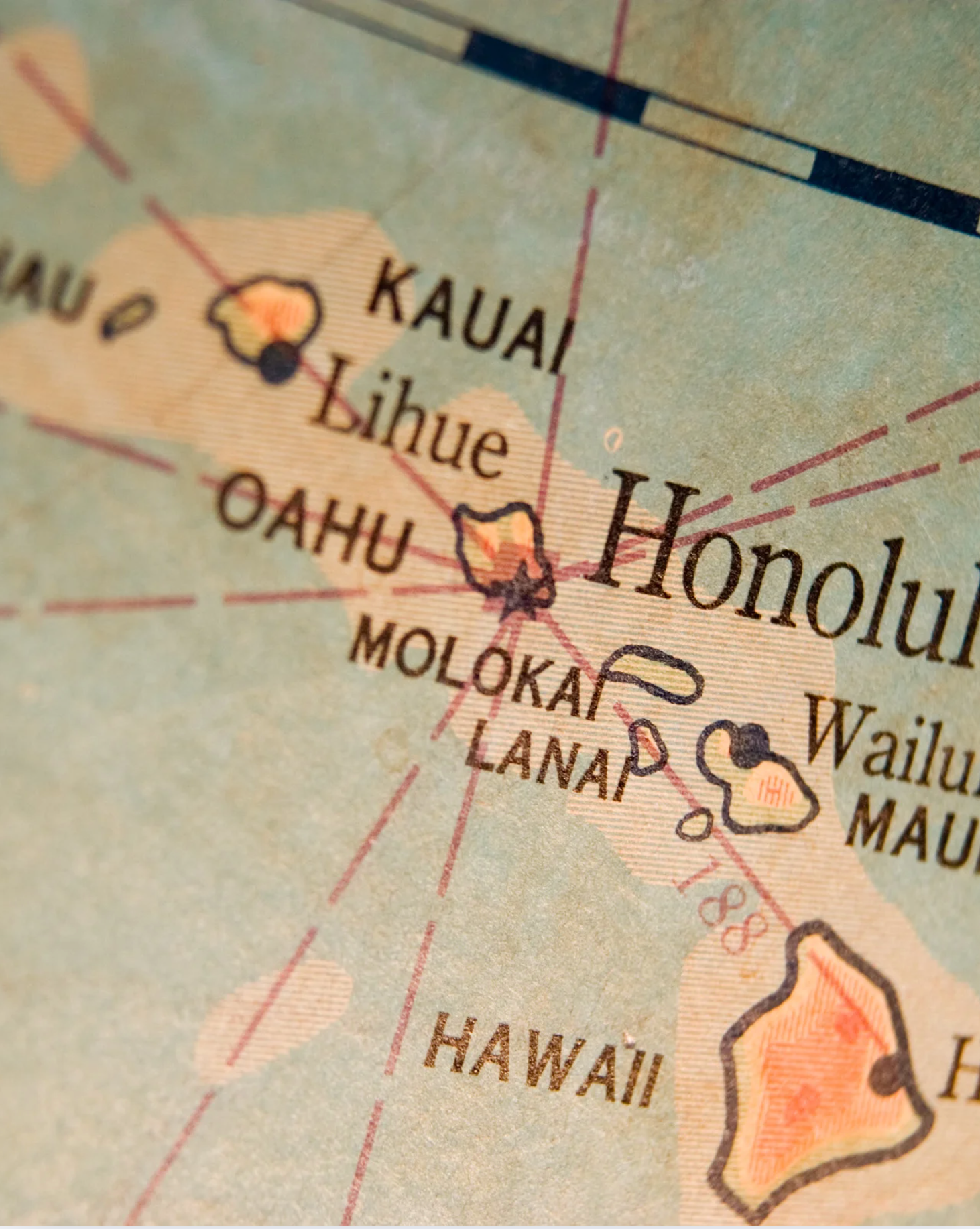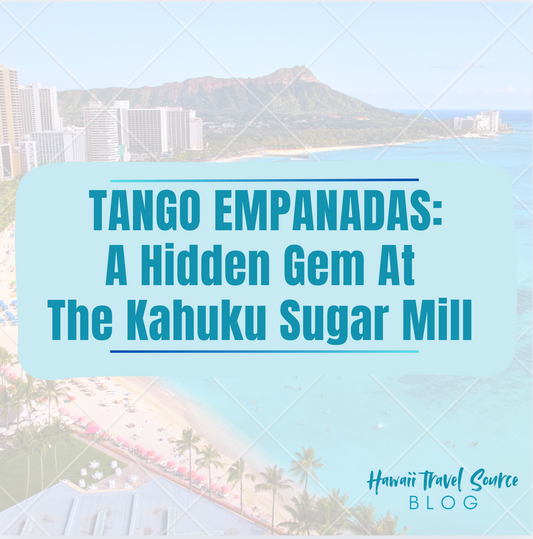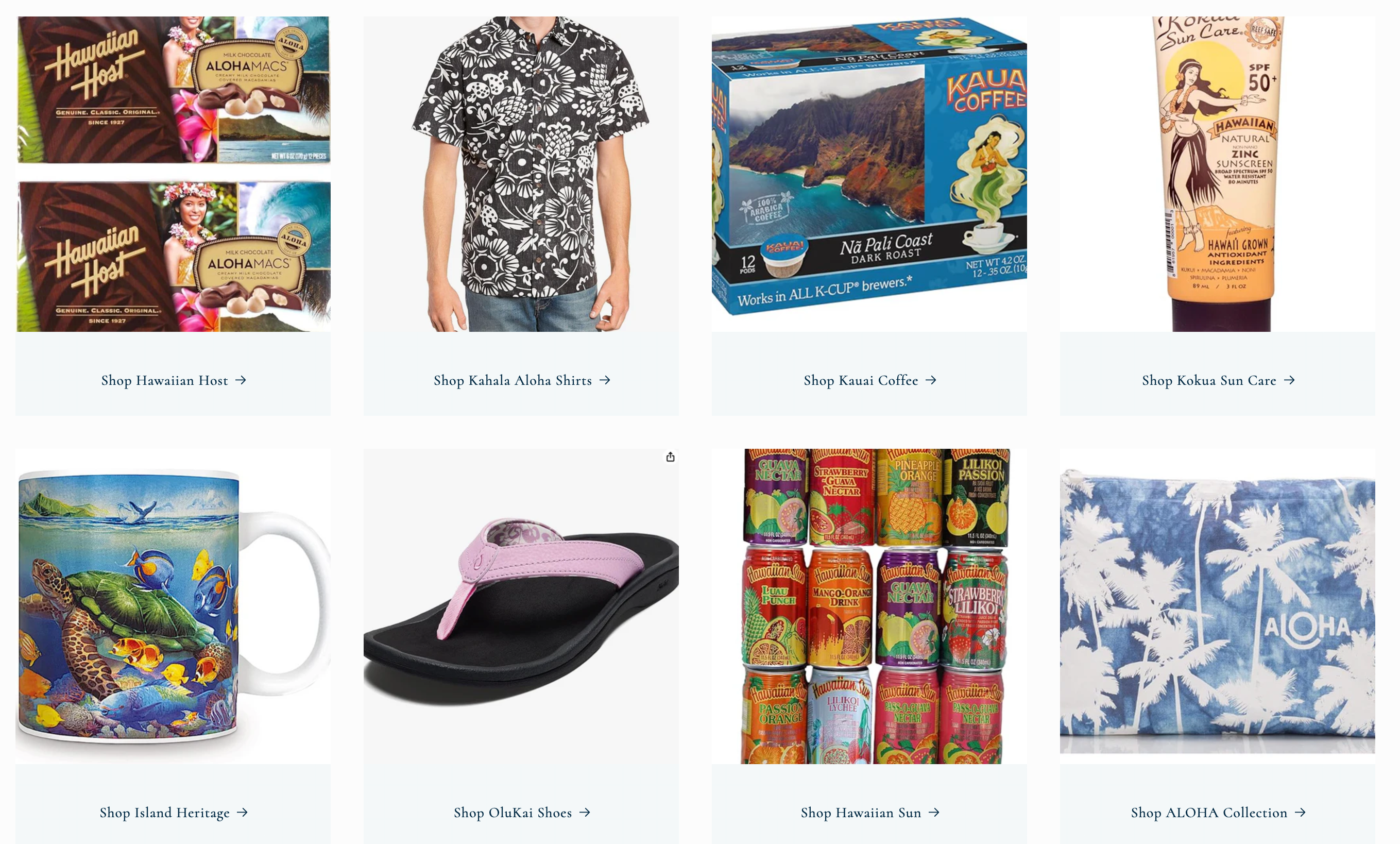
Welcome To The Islands!
Our goal is to support island communities and promote local businesses by offering highly curated resources to help you make the most of your Hawaiian getaway. From top attractions and hidden gems to the best accommodations, restaurants, and activities, you'll find everything you need to create your dream Hawaiian vacation—all in one place!
Choose An Island To Get Started
-
The Big Island
Click HereA vibrant paradise where fiery volcanoes, lush rainforests, and stunning beaches collide in a breathtaking blend of nature's power and beauty.
-
Oahu
Click HereOahu is Hawaii's third-largest and most populous island, home to Honolulu. Known for its beautiful beaches, landmarks like Pearl Harbor and Diamond Head, and vibrant culture, it’s a top destination for visitors.
-
Maui
Click HereKnown as the "Valley Isle," Maui is famous for its beaches, lush rainforests, and volcanic landscapes. Highlights include the scenic Road to Hana, Haleakalā National Park, and resorts in Wailea and Kaanapali. It's a perfect blend of nature and Hawaiian culture.
-
Kauai
Click HereKauai, known as the "Garden Isle," is Hawaii’s lushest island, famous for its stunning landscapes, dramatic cliffs, and pristine beaches. With lush rainforests, waterfalls, and the iconic Na Pali Coast, it offers a peaceful, natural escape perfect for outdoor adventures and relaxation.
-
Lanai
Click HereLanai, often called the "Pineapple Isle," is a serene and less-visited Hawaiian island offering stunning landscapes, luxury resorts, and pristine beaches. Known for its secluded charm, visitors can explore rugged terrain, lush forests, and the famous Shipwreck Beach. It's an ideal destination for those seeking relaxation, adventure, and an authentic Hawaiian experience, away from the crowds.
-
Molokai
Click HereMolokai, known as "The Friendly Isle," offers a peaceful, authentic Hawaiian experience with beautiful landscapes, rich culture, and outdoor activities like hiking and kayaking. It's a less touristy destination, perfect for a serene getaway.

Island History
Hawaii's history is shaped by its early Polynesian settlers, who arrived over 1,500 years ago and developed a rich culture and society. The islands were united under King Kamehameha I in 1810, establishing the Kingdom of Hawaii, which flourished until the arrival of Western explorers, traders, and missionaries in the 19th century.
This period led to significant cultural and political changes, culminating in the overthrow of the Hawaiian monarchy in 1893 by American businessmen, and Hawaii's annexation by the United States in 1898. The islands played a strategic role during World War II, particularly after the attack on Pearl Harbor in 1941, and Hawaii became the 50th U.S. state in 1959.
Today, Hawaii is a vibrant multicultural society, blending native Hawaiian traditions with influences from various ethnic groups, including Asian, European, and American cultures.
Read Our Blogs!
View all-

Tango Empanadas: A Hidden Gem At The Kahuku Sug...
Tango Empanadas is a charming food truck tucked away in Kahuku on Oahu’s North Shore, serving up authentic Argentine-style empanadas made from cherished family recipes. The truck is all about...
Tango Empanadas: A Hidden Gem At The Kahuku Sug...
Tango Empanadas is a charming food truck tucked away in Kahuku on Oahu’s North Shore, serving up authentic Argentine-style empanadas made from cherished family recipes. The truck is all about...
-

Your Ultimate Guide to Planning a Dream Destina...
A destination wedding in Hawaii is a magical experience that combines natural beauty, cultural richness, and an unforgettable atmosphere. By choosing the right island, planning for logistics, and embracing the...
Your Ultimate Guide to Planning a Dream Destina...
A destination wedding in Hawaii is a magical experience that combines natural beauty, cultural richness, and an unforgettable atmosphere. By choosing the right island, planning for logistics, and embracing the...
-

A Foodie’s Guide to Hawaii: Must-Try Dishes
Hawaii is a true food lover’s paradise, where flavors from across the globe come together to create unique and unforgettable dishes. Whether you’re savoring a fresh poke bowl by the...
A Foodie’s Guide to Hawaii: Must-Try Dishes
Hawaii is a true food lover’s paradise, where flavors from across the globe come together to create unique and unforgettable dishes. Whether you’re savoring a fresh poke bowl by the...











